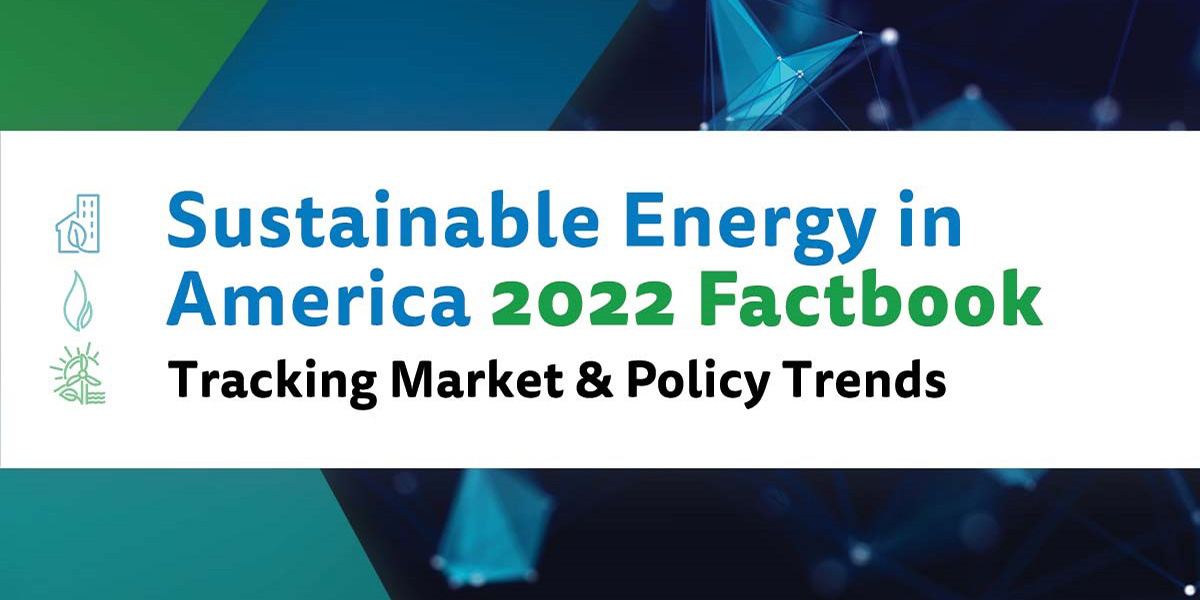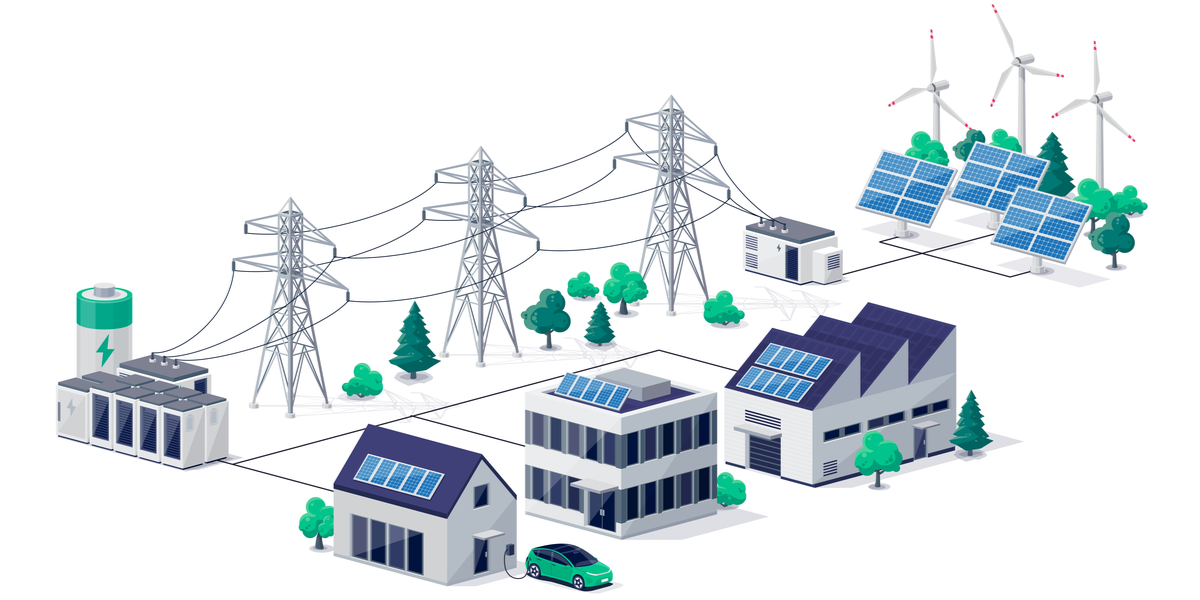Rolling Back the Rollbacks is Just Step One
Let's Save Energy
Alliance to Save Energy's Blog
Rolling Back the Rollbacks is Just Step One

In all the pomp and circumstance of Inauguration Day in Washington, D.C., two paragraphs within one of the 17 executive actions issued by President Joe Biden on his first day in office understandably did not receive headline attention. But folded between the inaugural parade and fireworks over the National Mall, the stroke of the president’s pen across the “Executive Order on Protecting Public Health and the Environment and Restoring Science to Tackle the Climate Crisis” was an important step in restoring the integrity of some of America’s most proven energy saving programs: efficiency standards for appliances, buildings, and vehicles.
The order directs all federal agencies to review all agency rules and determinations since January 20, 2017, and specifies more than 100 Trump administration actions on the environment. This includes immediate review of the Safer Affordable Fuel-Efficient (SAFE) Vehicles Rule, which rolled back Obama-era clean car standards for model years 2021-2026, and Department of Energy rules that weakened federal energy efficiency standards – including one that made it more difficult to set and enforce energy efficiency standards for common appliances and equipment by complicating the DOE rule setting process and another that made it more difficult to demonstrate that federal energy conservation standards are “economically justified” despite abundant evidence that these standards save consumers and businesses millions.
In fact, these standards are some of the most effective tools we have for saving energy across our economy. For example, the more stringent Corporate Average Fuel Economy (CAFE) standards implemented under Obama were expected to save car owners more than $8,000 over the life of a vehicle bought in 2025, while cutting greenhouse gas emissions by 6 billion tons in total – constituting the sixth largest cause of global GHG emissions reductions. Appliance standards are second only to CAFE standards in their energy-saving ability: the standards that regulate your dishwasher, fridge, showerhead, and other common appliances are saving you $500 a year on utility bills, while avoiding carbon emissions equal to 63 million automobiles. Additionally, by driving innovation and reserving money for spending on other goods and services, appliance standards support an estimated 412,000 jobs.
By ordering agencies to “consider suspending, revising, or rescinding” the agency rules that weakened these standards in the past four years, President Biden has signaled on day one that he’s ending the exhausting era of fighting just to keep these proven programs alive. With a worsening climate crisis, economic inequity, and health crisis exacerbated by air pollution on hand, there never should have been any backsliding on these provisions. But current crises mean that simply stopping the backward velocity isn’t enough. So what else should Biden do to move energy efficiency standards forward?
Thankfully, there are laws already on the books to ensure that progress continues. Under the Energy Policy and Conservation Act (EPCA) of 1975, CAFE standards are supposed to be set 18 months ahead of a model year at the “maximum feasible level.” The Obama administration determined that an annual fuel economy improvement of 5% was appropriate; SAFE rolled this back to 1.5%. The Alliance is calling on Biden to reinstate the 5% level, as well as supporting policies that drive the vehicle stock toward efficient electric vehicles.
For appliance standards set under EPCA, it is unlawful to backslide on energy efficiency levels, and since 2007, Congress has established schedules for reviewing and updating these standards. As of this fall, the DOE had missed legal deadlines for 28 product standards. After rescinding the rules making the standard-setting process more difficult, we’re calling on the Biden administration to get these deadlines back on track, and to expedite the more than 40 standards that will be due for updates in his term. The administration and Congress should also pursue paths to reverse other rules harmful to energy efficiency not so easily revoked with the stroke of a pen, including considering use of the courts and Congressional Review Act when applicable.
The laws that have been set over the decades regulating fuel economy and appliance standards are there for a reason: to save consumers money, improve U.S. energy security, benefit the climate and air we breathe, and inspire American innovation and industry. Biden was right to begin undoing the Trump administration’s rollbacks on day one of his presidency, and we’ll be pushing throughout his administration for bold action to realize these standards’ full potential.
STAY EMPOWERED
Help the Alliance advocate for policies to use energy more efficiently – supporting job creation, reduced emissions, and lower costs. Contact your member of Congress.
Energy efficiency is smart, nonpartisan, and practical. So are we. Our strength comes from an unparalleled group of Alliance Associates working collaboratively under the Alliance umbrella to pave the way for energy efficiency gains.
The power of efficiency is in your hands. Supporting the Alliance means supporting a vision for using energy more productively to achieve economic growth, a cleaner environment, and greater energy security, affordability, and reliability.



